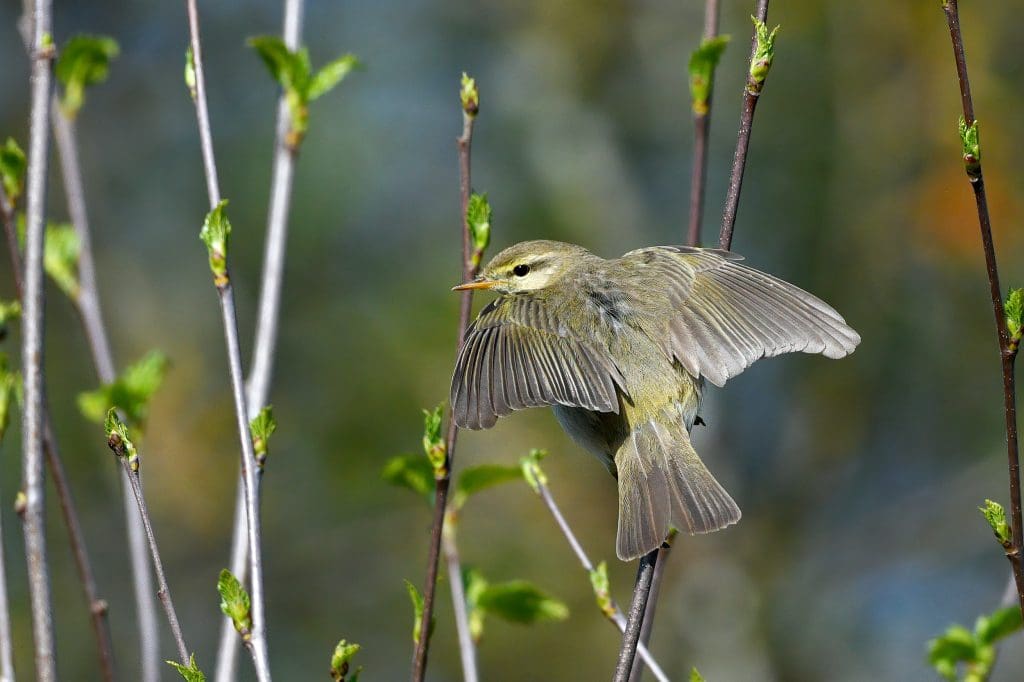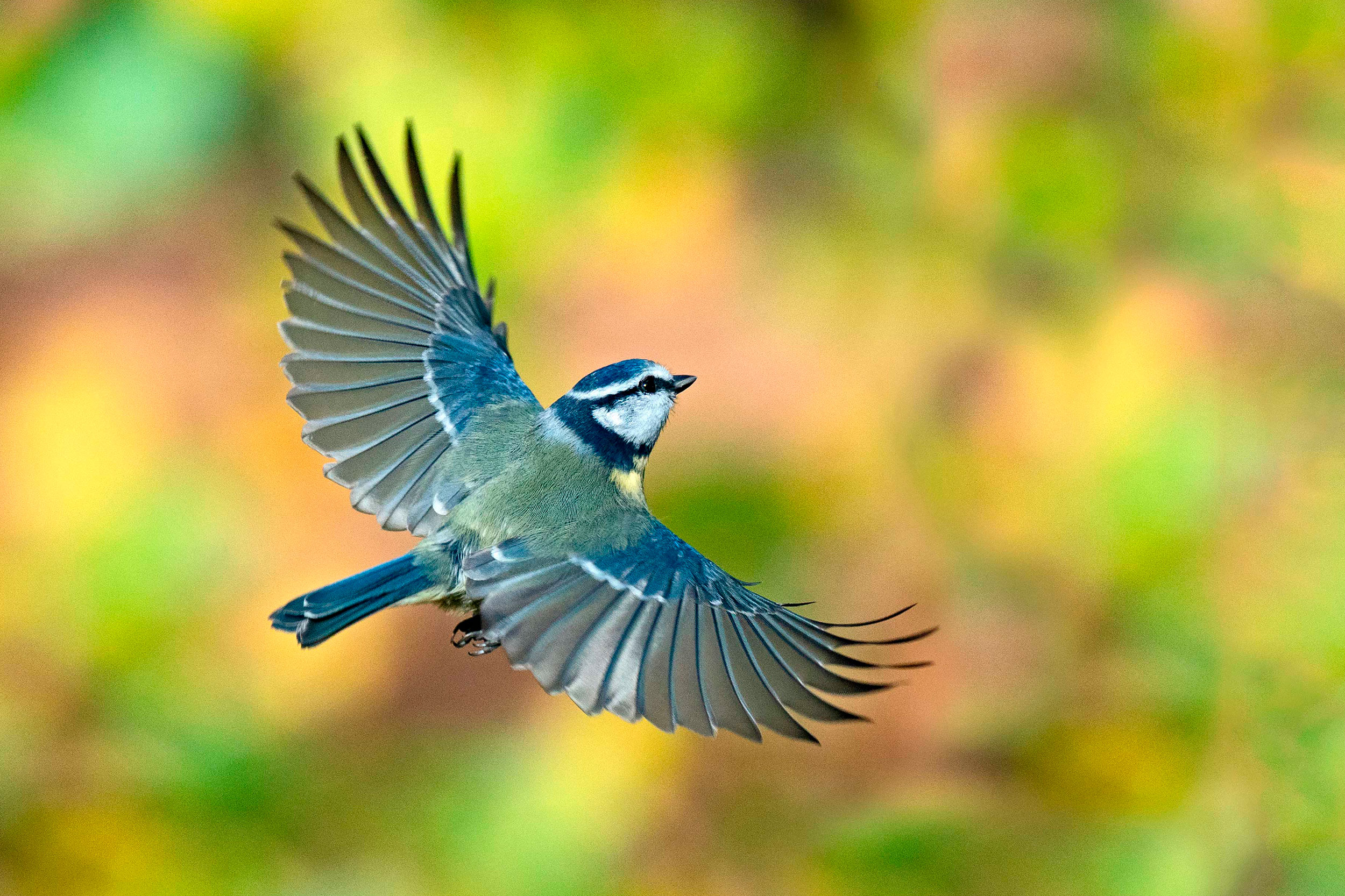Don’t be cool. There’s nothing quite so uncool as being cool. The only truly cool thing to be is a nerd. Nerds are passionate people, and who wants to live without passion? Only cool people. So here’s my advice to every young person oppressed by the social pressures of teenaged life: be uncool! Release the nerd within and live with passion!
I wish I’d taken that advice myself. I had a passion for nature. I was a natural history nerd, with a head full of dinosaurs, birds of paradise and endangered lemurs – but then I went to Big Boys’ School and tried to fit in. I lost nature for 20 years, and finding it again was one of the great events of my life. I’ve written thousands of words in an attempt to bring nature back into the lives of people who either lost it like me, or perhaps never quite found it.
People are always asking Sir David Attenborough how he got his love of nature. His reply is always the same: “How did you ever lose yours?” The true and secret answer is always this: I was trying to be cool. I needed to fit in. I didn’t want to be a nerd.
All children are attracted to nature, if only they can get some. Unworried and oblivious to the terrible notion of being cool, they’re enchanted – without hesitation – by sightings of Robins, earthworms, butterflies, earwigs and Hedgehogs. Then they become teenagers and face the awful pressure to be ordinary. To live without passion.
Has natural history ever been cool? The Victorians couldn’t get enough of it, collecting ferns, seaweed, seashells, orchids, butterflies, birds’ eggs and stuffed birds. Charles Darwin was mad for beetles. But that sort of thing has been out of fashion for more than 100 years. So how do you ignite a passion in the 21st century? That’s easy: show a child a certain butterfly and explain that it came all the way from Africa; visit a museum, view the bones of a dinosaur and explain extinction. The best PR for nature has always been nature. But how to keep the passion you’ve ignited? Aye, there’s the rub. Give a teenager a choice between the Blue Whale and half an hour in the bus shelter with your mates, and it’s the bus shelter every time. Or so it seems.
People are always asking Sir David Attenborough how he got his love of nature. His answer is always the same: “How did you ever lose yours?”
Growing up is about learning to make choices: all an adult can do is point in the direction of good choices, and better still, be a living example of them. Enthusiasm is contagious – take your children, grandchildren, nieces and nephews with you next time you go birding. Share your knowledge and let them teach you something, too. A fresh perspective can lead to fresh sightings. There are new opportunities to seize, too: free admission to RSPB nature reserves for people aged 16 to 24: huzzah! No one should be unable to afford nature.
The embers of our childhood passion for nature glow forever, waiting to catch light again. I had just turned 30 when I saw my first Avocet, and it was not so much a bird as a bolt of lightning. Bang! And I was back in nature. Why had I ever been away? Because I tried to be cool. Did I succeed? Not even for a second. My great achievement at school was to be both bored and boring. After that, well, I’d just lost the habit. But when the birder is ready the bird will come. And with the Avocet my inner nerd leapt free at last: glorious, golden, enraptured and above all, passionate. At last, I was myself again.
Listen to this feature here:

Experience nature
It’s impossible to be out in nature and not feel inspired and in awe of our natural world. Visit an RSPB nature reserve to keep your love for nature strong, and bring family and friends along to share your passion. Choose from one of the many events taking place across the country, or head out and explore yourself.
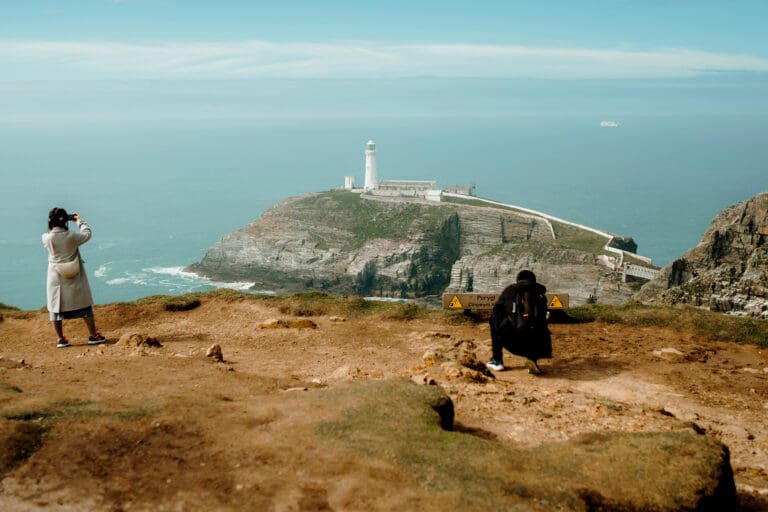
You might also like
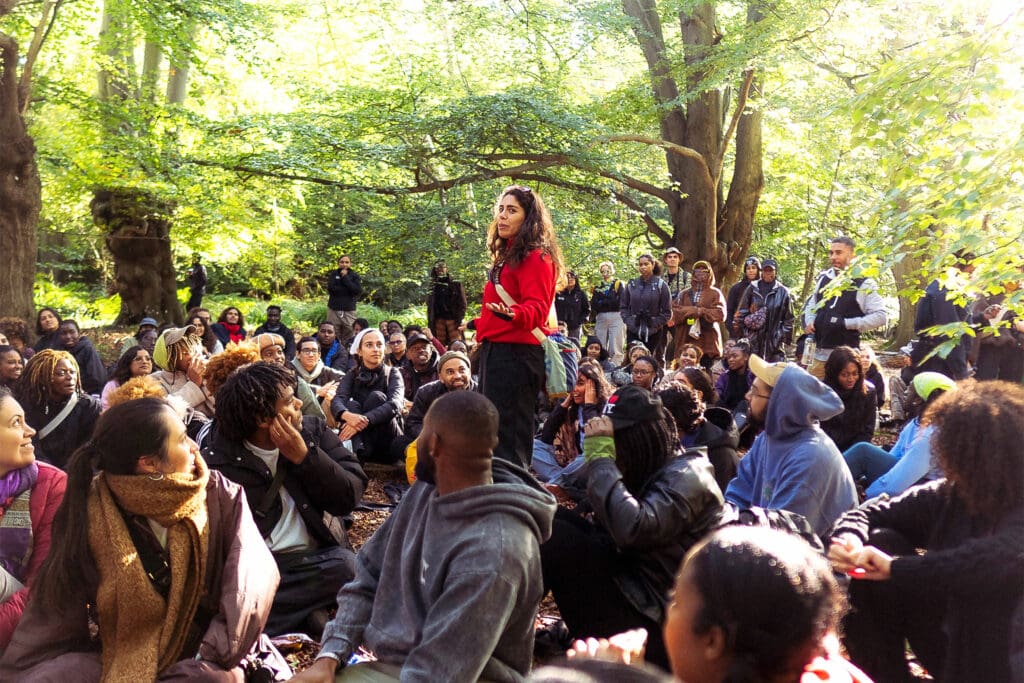
Breaking barriers
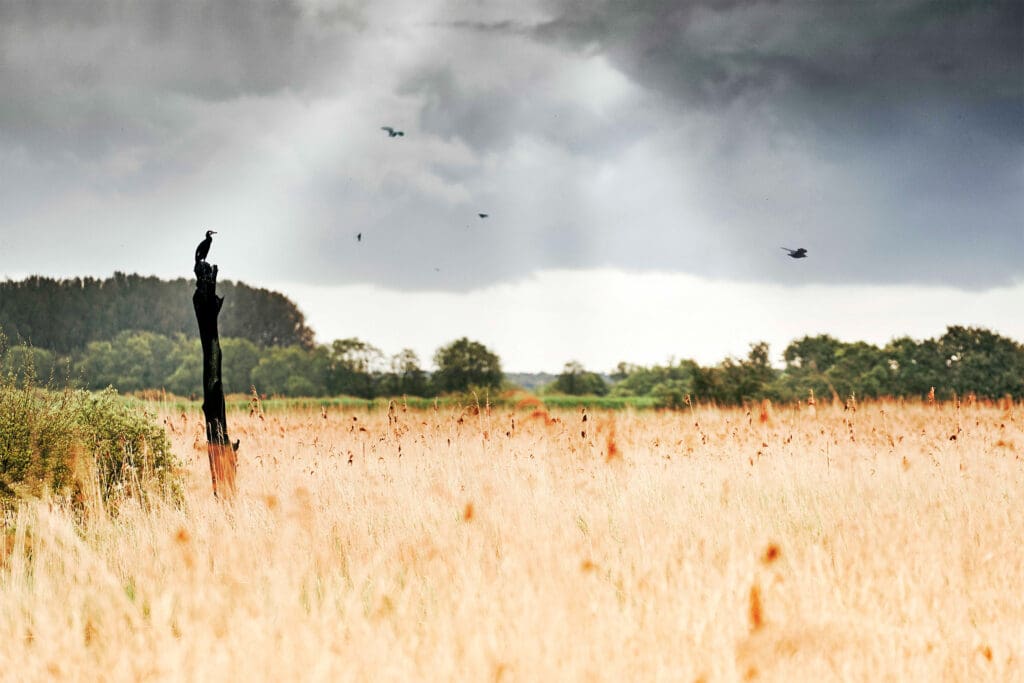
Lakenheath Fen
